Products
Secure Identity and Its Components

1
Identity Cards
An identity card is an official document that contains personal information such as name, date of birth, address, gender, and a personal photograph. Identity cards are generally used to verify an individual’s identity in various contexts, such as applying for government services, conducting banking transactions, registering at educational institutions, traveling, and other purposes.
Identity cards usually contain security features such as security badges, magnetic strips, holograms, or electronic chips, which help to verify the authenticity of the card and the information included. The requirements and specifications of identity cards vary from country to country according to local laws and regulations and are typically issued by government authorities or relevant bodies in the respective countries.
Types of Identity Card Materials and Their Features:
- Polycarbonate (PC):
- Features: High durability, resistance to breaking and wear, good transparency.
- Uses: Industrial and commercial ID cards, health cards, travel cards.
- Polyvinyl Chloride (PVC):
- Features: Easy to manufacture and print, low cost, water-resistant.
- Uses: General ID cards, credit cards, membership cards.
- Polyester (PET):
- Features: High flexibility, resistance to breaking and wear, customizable.
- Uses: Smart ID cards, heavy-duty industrial cards, access cards.
- Polyurethane (PU):
- Features: Flexibility and strength, water resistance, custom design.
- Uses: Special ID cards, luxury cards, premium membership cards.
- Polyethylene:
- Features: Lightweight, easy to manufacture, low cost.
- Uses: Temporary ID cards, disposable cards.
- Aluminum:
- Features: High resistance to heat and rust, strength and rigidity.
- Uses: Military ID cards, government cards, durable ID cards.
Each type of these materials has its unique features and suitable uses, and materials are chosen based on design needs, usage, and budget for each ID card project.
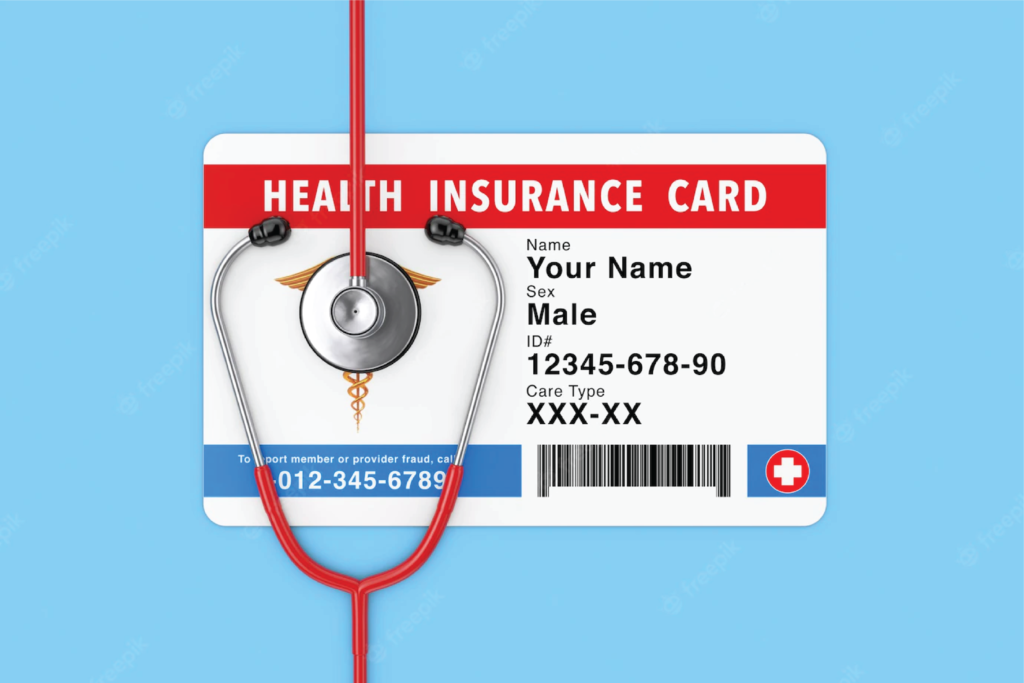
2
Health insurance and social care cards
Health insurance and social care cards are electronic-based cards that provide information about an individual, their health status, and their insurance coverage. These cards are used in healthcare systems to facilitate access to medical services, simplify identity verification, insurance checks, and medical record keeping. Typically, the card contains the individual’s name, date of birth, national identification number, as well as health insurance information such as membership number, coverage details, and benefits.
Health insurance and social care cards are an integral part of healthcare infrastructure, contributing to improving efficiency, accuracy, and cost-effectiveness in delivering healthcare services. These cards also offer benefits to patients and healthcare providers, such as reducing paperwork, enhancing communication and coordination among service providers, and providing accurate and efficient information about benefits and costs.
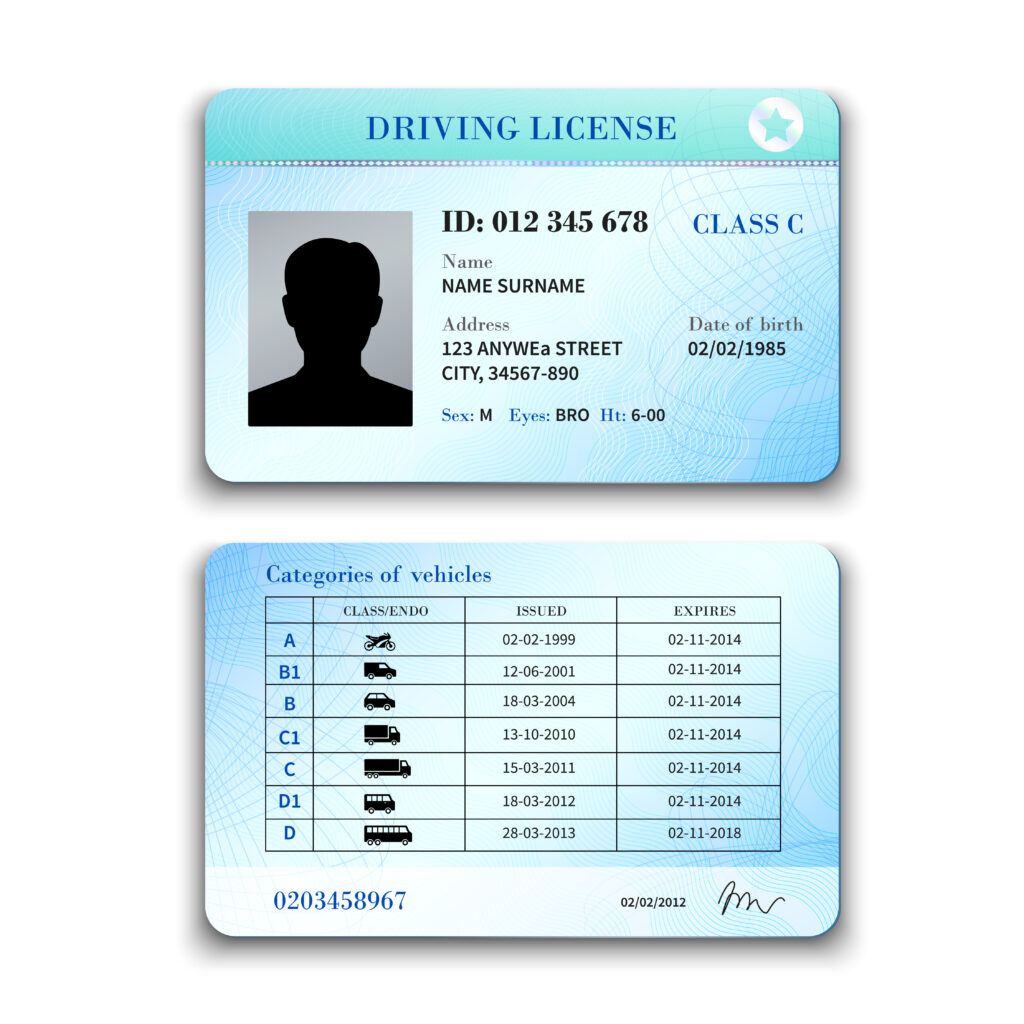
3
Driver's licenses Cards
Driver’s licenses are official documents issued by government authorities to confirm the legality and qualification of individuals to drive vehicles on public roads. A driver’s license contains important information related to the holder, allowing them to legally operate vehicles. This information typically includes:
- Full name of the license holder: First name and surname are included.
- Photograph: The license holder’s photo for easy identification.
- Date and place of birth: To establish the identity of the license holder.
- National ID number or passport: Used for identity verification.
- Expiry date: The date when the license expires, requiring renewal before expiration.
- Vehicle categories qualified to drive: Specifies the categories of vehicles the license holder is allowed to drive, such as light vehicles, trucks, or motorcycles.
- Additional conditions or restrictions: Restrictions that may be added to the license, such as needing glasses for clear vision or restrictions on night driving.
Driver’s licenses vary in design and information from one country to another, but the main objective is to legally and securely document identity and qualification to drive vehicles.
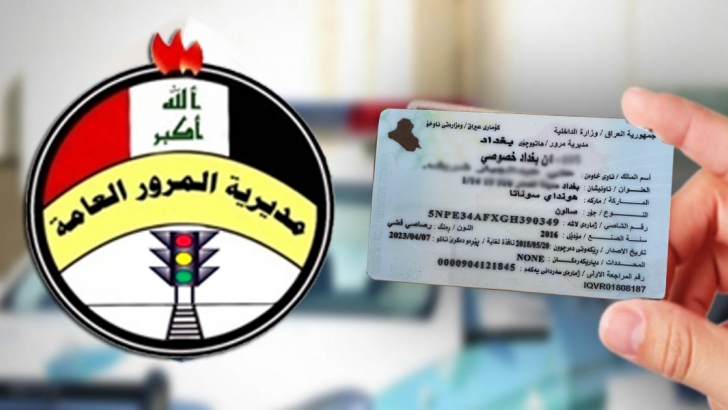
4
Vehicle registration cards
Vehicle registration cards are official documents issued by government authorities to confirm the ownership and registration of a vehicle to its rightful owner. A vehicle registration card contains specific information about the vehicle and its owner, allowing relevant authorities to determine ownership and necessary registration procedures. This information typically includes:
- Vehicle details: Includes the brand, model, color, chassis number, engine number, and year of manufacture.
- Owner information: Includes the full name of the owner, address, and national ID number or passport.
- Issue date and validity: The date of issue of the card and its validity period.
- Registration details: Specific registration details of the vehicle, such as registration date and plate number.
- Tax and fee information: May include information about taxes paid or fees related to the vehicle.
A vehicle registration card is an important document for the owner to verify ownership of the vehicle and facilitates procedures related to selling or transferring the vehicle to another person. It is issued after completing the registration process and paying the required fees to the competent authorities.

5
Property registration cards
Property registration cards are official documents that authenticate ownership of real estate properties and their details. These cards are issued by relevant government authorities to document property ownership, record property transfers, and provide information related to properties. Property registration cards contain specific information about the property and its owner, serving as a means to identify ownership and verify property data. This information typically includes:
- Property details: Including the location, area size, comprehensive description, and plot number of the property.
- Owner information: Full name of the owner, address, and national ID number or passport.
- Registration details: Specific registration details of the property, such as registration date and property registration number.
- Dates of previous transfers: Records previous property transfers, including dates and details of involved parties.
- Registration fees and taxes: Information about fees and taxes paid or due on the property.
- Mortgages and other rights: May include information about mortgages or other rights registered on the property.
Property registration cards assist in documenting and registering property ownership, providing a means to verify ownership. They are a crucial tool in the legal system for protecting property rights and regulating property transactions. Property registration cards can be used as a reference to determine property ownership and related information when conducting sales, leases, or transfers of properties.
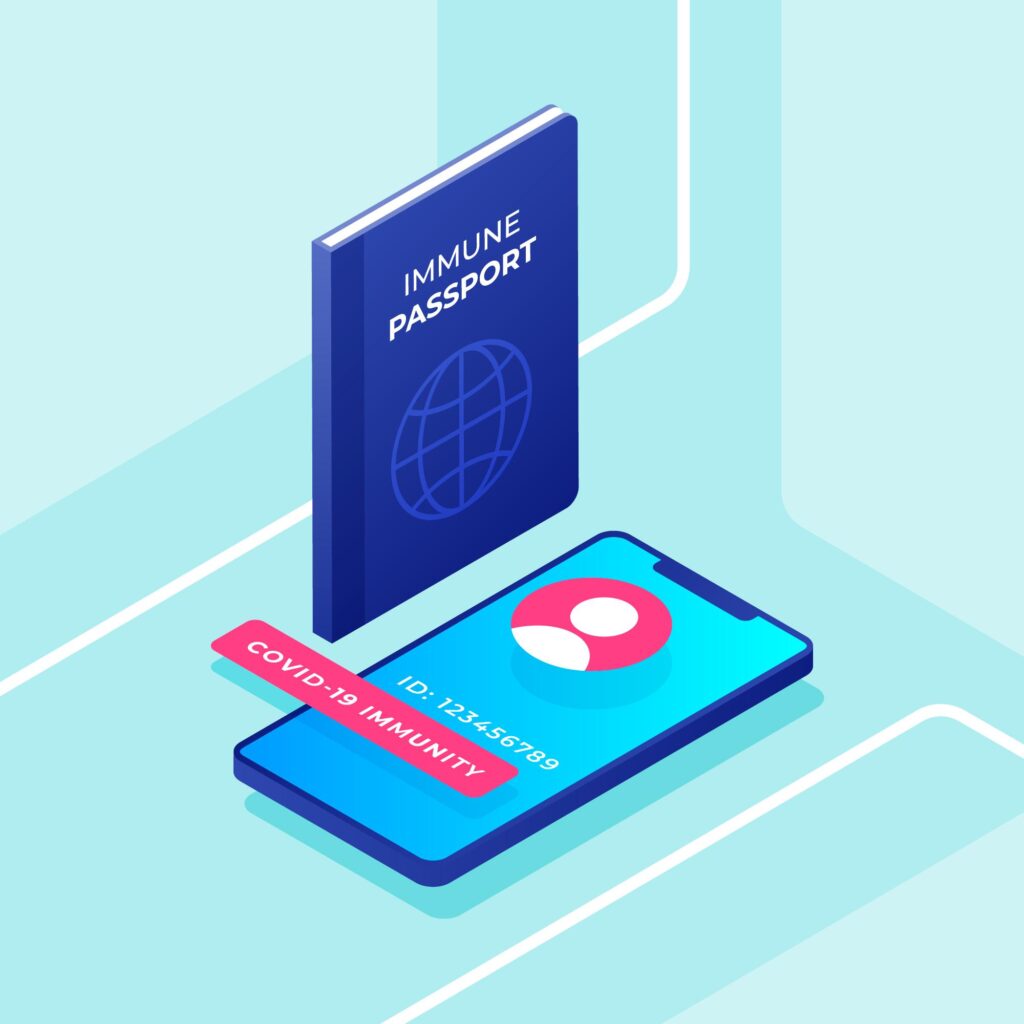
6
Electronic passport cards
بطاقة الجواز الإلكتروني هي وثيقة رسمية تصدرها السلطات المختصة في الحكومة للمواطنين لتأكيد هويتهم وجنسيتهم، وتوفير وسيلة للتعرف الإلكتروني عليهم عبر الحدود. تُستخدم بطاقات الجواز الإلكترونية كوثيقة سفر للسفر بين البلدان، وتحتوي على معلومات مهمة حول الفرد وتتيح الوصول السريع إلى معلومات الهوية والسفر عبر الأنظمة الإلكترونية.
تحتوي بطاقات الجواز الإلكترونية على العديد من الميزات التقنية لتعزيز الأمان والموثوقية، بما في ذلك:
- البيانات الشخصية: تتضمن معلومات شخصية عن صاحب البطاقة مثل الاسم، وتاريخ الميلاد، والجنس، والجنسية.
- صورة شخصية رقمية: يتم تضمين صورة شخصية رقمية لصاحب البطاقة للتعرف عليه.
- المعلومات البيومترية: قد تتضمن بطاقات الجواز الإلكترونية بيانات بيومترية مثل بصمات الأصابع أو الوجه لزيادة الأمان والتحقق من الهوية.
- رقم التعريف الشخصي: يتم تضمين رقم فريد يمكن استخدامه للتعرف على صاحب البطاقة والوصول إلى معلوماته في قواعد البيانات.
- التوقيع الرقمي: يمكن أن يتضمن بعض الجوازات الإلكترونية توقيعًا رقميًا يثبت صحة الوثيقة.
- تقنيات الأمان: تتضمن بطاقات الجواز الإلكترونية تقنيات متقدمة للأمان مثل الشفرات الإلكترونية والتشفير لمنع التزوير والاحتيال.
بطاقات الجواز الإلكترونية تعتبر تطورًا حديثًا في تكنولوجيا الهوية والسفر، وتوفر وسيلة آمنة وموثوقة للتعرف على الأفراد وتوثيق هويتهم عبر الحدود.
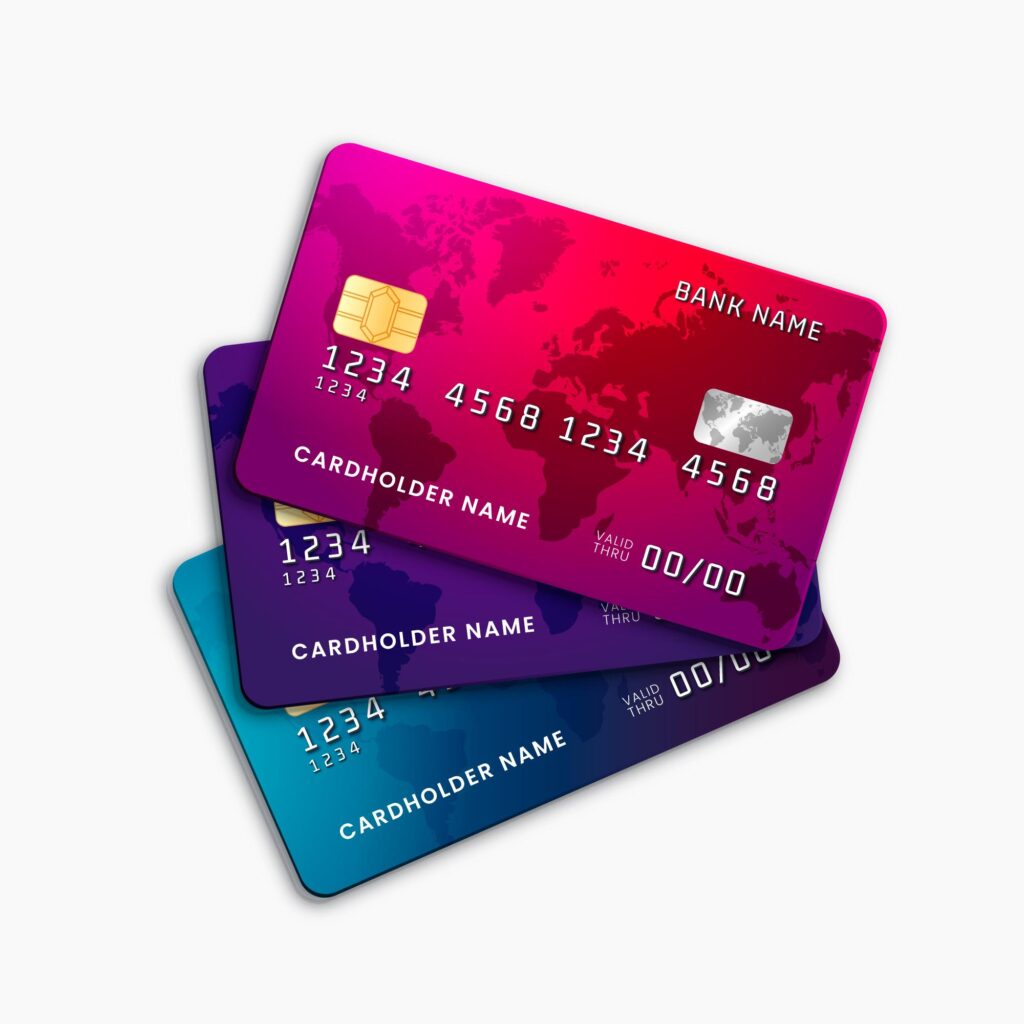
7
Bank credit cards
Bank credit cards are financial documents issued by banks and other financial institutions to their customers, enabling them to conduct financial transactions and make purchases online or in stores in a flexible and reliable manner. These cards allow users to access their bank balance and finance their purchases based on the credit line provided by the bank.
Bank credit cards contain a variety of information and features, including:
- Cardholder’s name: The full name of the cardholder who uses the card for transactions.
- Card number: A unique number that identifies the card and is used in electronic transactions.
- Expiry date: The date when the card expires.
- Security number: A secret three or four-digit number used to verify the cardholder’s identity in online transactions.
- Supporting company logos: The cards may carry logos of the issuing credit card companies such as Visa or MasterCard.
- Credit limit: Specifies the maximum balance the cardholder can use.
- Benefits and rewards: Some credit cards offer rewards and incentive programs such as loyalty points or discounts on purchases.
- Additional benefits: Some bank credit cards include travel insurance, emergency services, and consumer warranties.
Bank credit cards are an important financial tool for many individuals and businesses, providing an easy and secure method of payment and shopping without the need to carry cash, as well as short-term financing options for purchases.
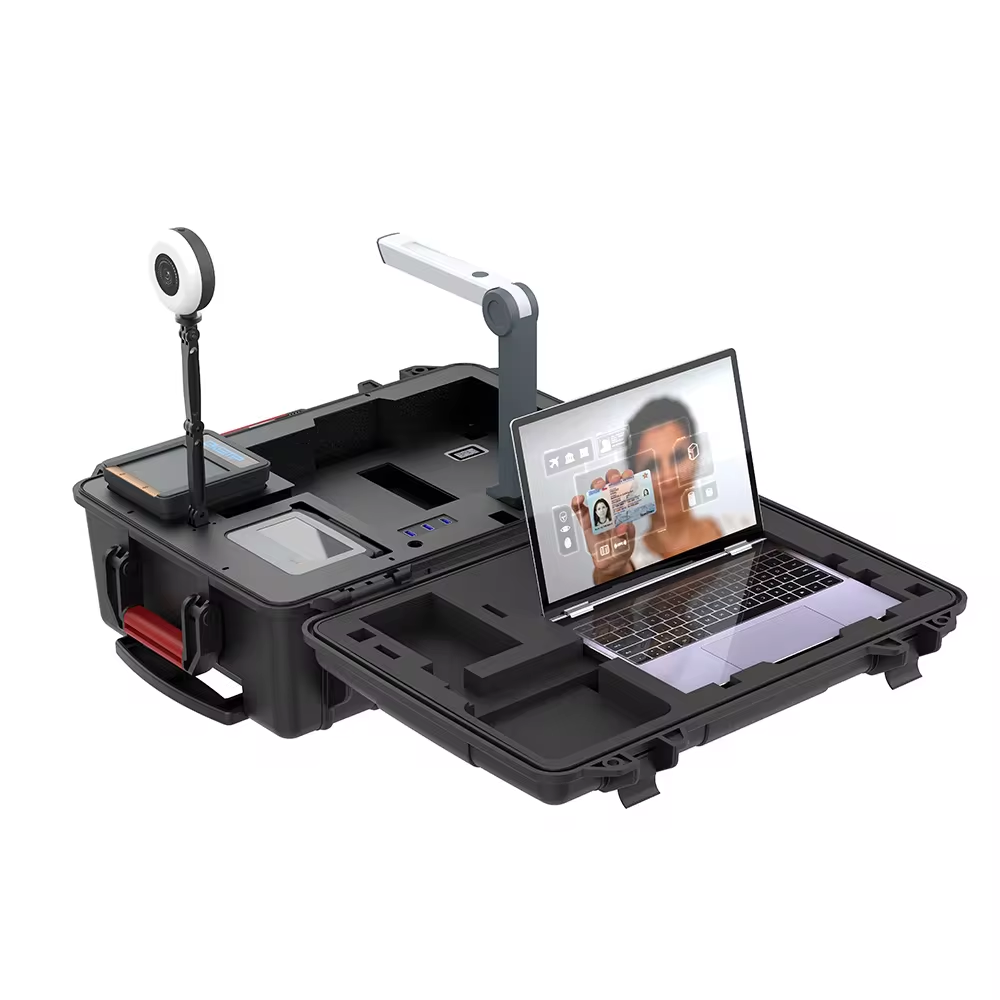
8
Civil Registry Cards
Civil registry cards are part of a governmental system aimed at documenting personal identity and essential information about individuals within the state. The civil registry card is an official document used to identify and officially register an individual in various government records. The civil registry card contains personal information such as full name, date of birth, gender, nationality, and current residence address.
The benefits and uses of issuing and using civil registry cards include:
- Identity Verification: Provides an official document to verify an individual’s personal identity, facilitating identity verification in both government and private transactions.
- Simplifying Administrative Procedures: The civil registry card is used in various administrative procedures such as university registration, accessing government services, obtaining bank loans, and more.
- Documenting Marital Status: Marriage contracts can be recorded on the civil registry card to document marital status and facilitate marriage-related procedures.
- Recording Life Events: Birth and death certificates can be added to the civil registry card to record an individual’s life events.
- Documenting Personal Information: The civil registry system and card help in reliably and centrally documenting personal information, making it easier to access this information when needed.
In summary, the civil registry card is an important tool for establishing an individual’s identity and simplifying various administrative procedures. It also provides an effective means for documenting and registering life events in government records.

9
Voter Cards
Voter cards are official documents issued by government authorities in many countries to enable citizens to participate in electoral processes and elect representatives and government officials. The voter card is an important document for establishing an individual’s eligibility as a voter in democratic elections.
Voter cards typically contain the following information:
- Full name of the voter.
- Date of birth.
- Current residential address.
- Personal photograph of the voter.
- National ID number or a specific voter identification number.
Voters use this document to verify their identity and eligibility to vote in general and local elections. The voter card also helps ensure the integrity and transparency of electoral processes and reduces the chances of fraud or cheating in voting.
The requirements for issuing a voter card vary from country to country, depending on local laws and regulations. Generally, obtaining a voter card is available to adult citizens who meet the election criteria, such as the legal age, nationality, and residence.
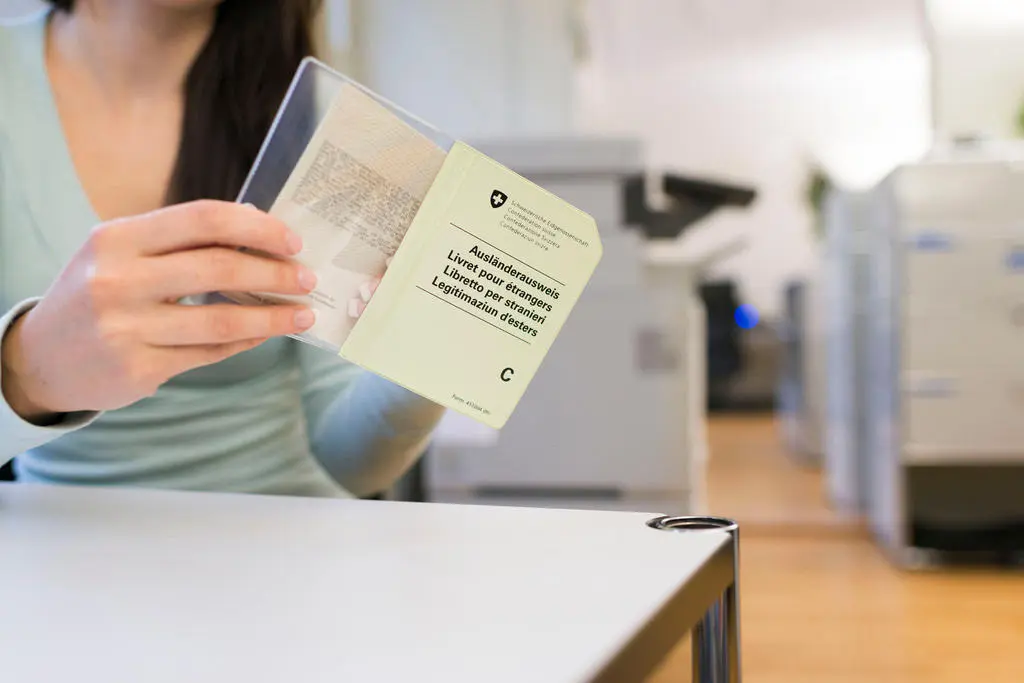
10
Residence and Work Permit Cards
Residence and work permit cards are official documents issued by government authorities in many countries to foreign individuals who wish to reside and work in those countries. These cards serve as tools for identifying the legal status of individuals residing and working in foreign countries.
Residence and work permit cards typically contain the following information:
- Full name of the individual.
- Date of birth.
- Current residential address.
- Permit number for residence and work.
- Personal photograph of the individual.
These cards are used as official documents to verify the residence and work status of foreign individuals in the host country. A residence and work permit card is usually part of the legal and administrative procedures required to obtain temporary or permanent residence and work in the respective country.
The requirements for issuing residence and work permit cards vary from one country to another, depending on local laws and regulations. These cards are typically subject to specific conditions, such as working in a particular industry or for a specified duration. Individuals must comply with local laws and regulations to maintain the validity of their permits and ensure the continuation of their residence and work in the host country.

11
Gift Cards and Loyalty Cards
Gift cards and loyalty cards are documents issued by companies and stores to customers as a means of providing gifts or encouraging future purchases and loyalty. These cards are used to offer flexible gifts or to incentivize customers to return and shop at the store.
Gift cards typically contain a specific monetary amount that can be used in the store or for services provided by the issuing company. Loyalty cards, on the other hand, offer rewards or discounts to customers who regularly purchase from the store or use the provided services. The accumulated balance on loyalty cards can be used to obtain discounts on future purchases or to receive free gifts.
Gift cards and loyalty cards are effective tools for increasing company sales and enhancing customer loyalty, providing a flexible shopping experience and attractive rewards for consumers. Additionally, these cards allow companies to analyze customer habits and preferences, guiding marketing strategies and promotional offers based on the collected data.
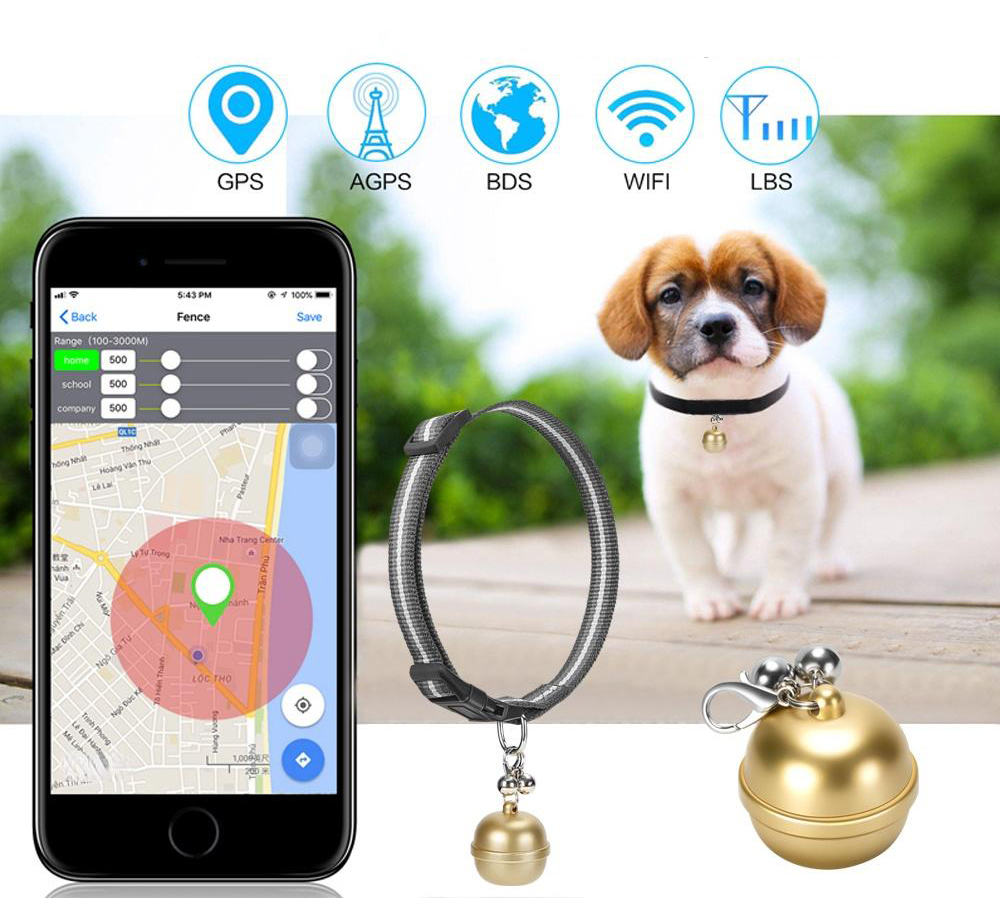
12
Animal Tracking Cards
Animal tracking cards are technological tools used to trace and locate animals, whether they are pets, livestock, or wildlife. These cards rely on technologies such as integrated radio and wireless communication systems to enable animal owners or breeders to monitor and track the movements of their animals.
Animal tracking cards typically contain GPS devices or radio transmitters equipped with small electronic chips that are implanted or attached to the animal. These devices regularly send location signals or radio signals to record the animal’s location and transmit it to a central database, allowing users to track the animals’ movements online or through smartphone applications.
Animal tracking cards are used in a variety of scenarios, including:
- Pet Tracking: To monitor the activities and movements of pets like dogs and cats and ensure they return home if they get lost.
- Livestock Management: To track and manage the movement of livestock on farms and pastures, ensuring their safety and security.
- Wildlife Protection: To study and monitor the movements and migration patterns of wild animals and protect them from illegal hunting and trafficking.
- Tracking Animal Migration: To understand the movements of migratory animals such as birds, whales, and fish, and to provide protection for them along their migration routes.
By using animal tracking cards, users can monitor and track the movements of animals, ensuring their safety and the safety of the surrounding community. This contributes to wildlife protection and promotes environmental sustainability.

13
Packaging and Postal Dispatch Systems
This system is commonly known as the “Packaging and Postal Dispatch System” or “Mail and Distribution System.” It involves the processes of securely and appropriately packing cards or letters for shipment and then sending them via regular mail or express postal services.
The importance of this system lies in facilitating the mailing process and providing guarantees regarding the safe and secure delivery of cards or letters to recipients. This system typically includes a series of steps, such as:
- Preparing Cards or Letters: Preparing the cards or letters for dispatch, including writing the correct recipient address and placing them in appropriate envelopes.
- Packaging and Wrapping: Placing the cards or letters in suitable envelopes or containers and securing them to protect them during shipping.
- Choosing Postal Service: Selecting the appropriate postal service that meets the dispatch needs, whether it is regular mail or express mail.
- Shipping and Distribution: Delivering the cards or letters to the chosen postal service provider for shipment to the recipients.
By using this system, senders can effectively manage dispatch operations and ensure that mail reaches the intended recipients quickly and safely.
